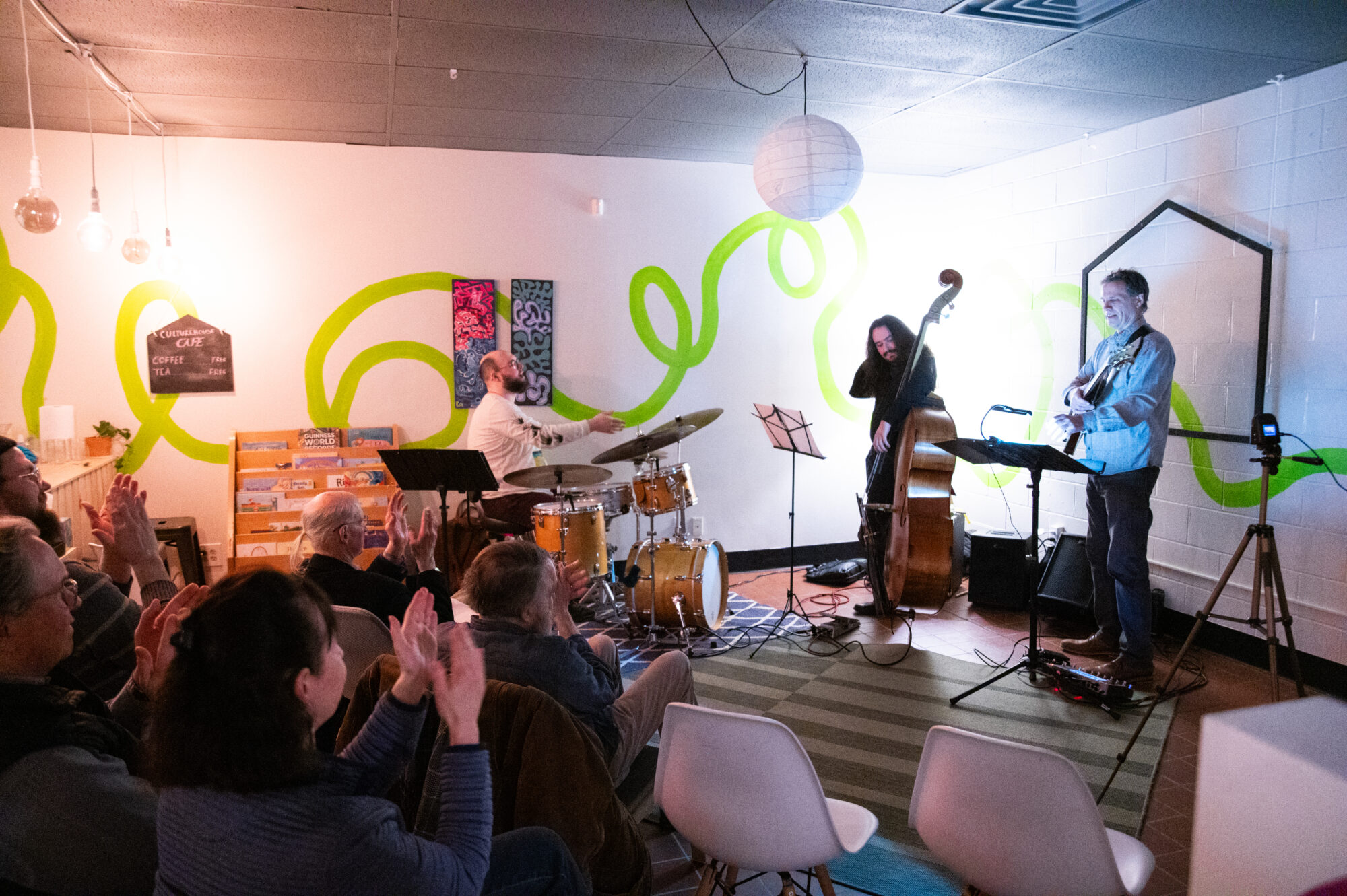
Completed Initiatives
Explore impacts and learnings from Barr's completed grantmaking initiatives.
-
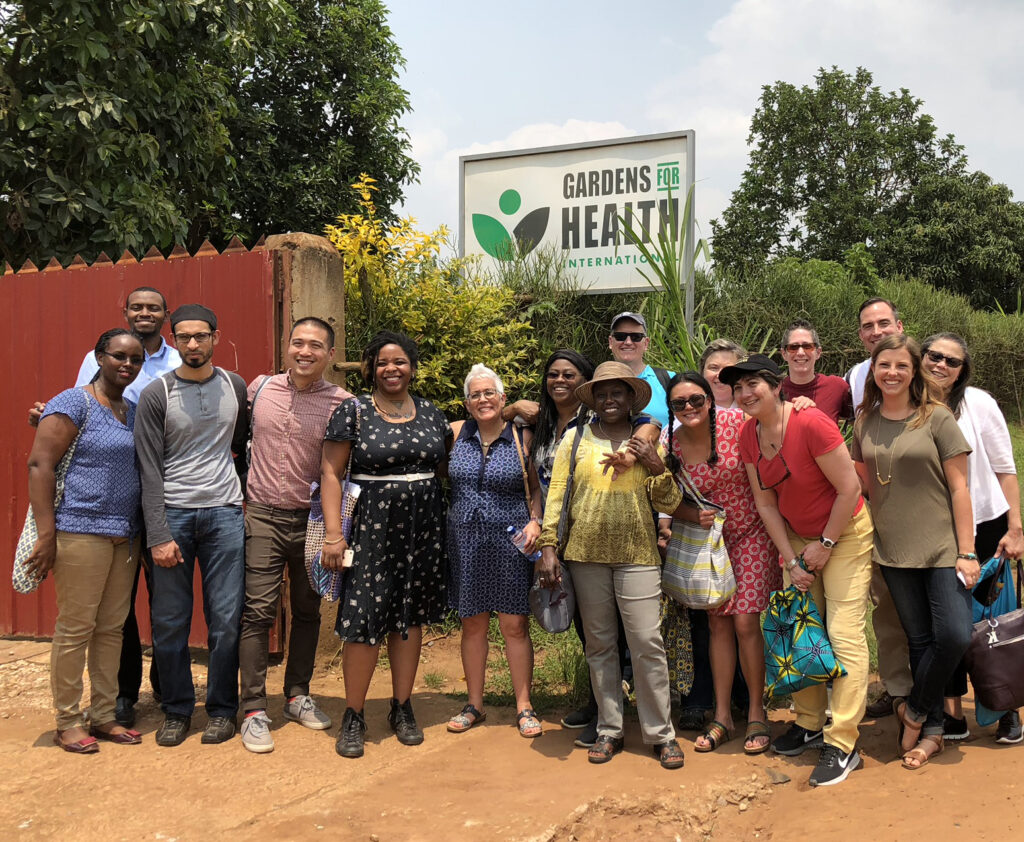
Barr Fellowship
Beginning in 2005, Barr invited diverse classes of civic leaders to become Barr Fellows based on their leadership and contributions at their organizations and across our community.
-
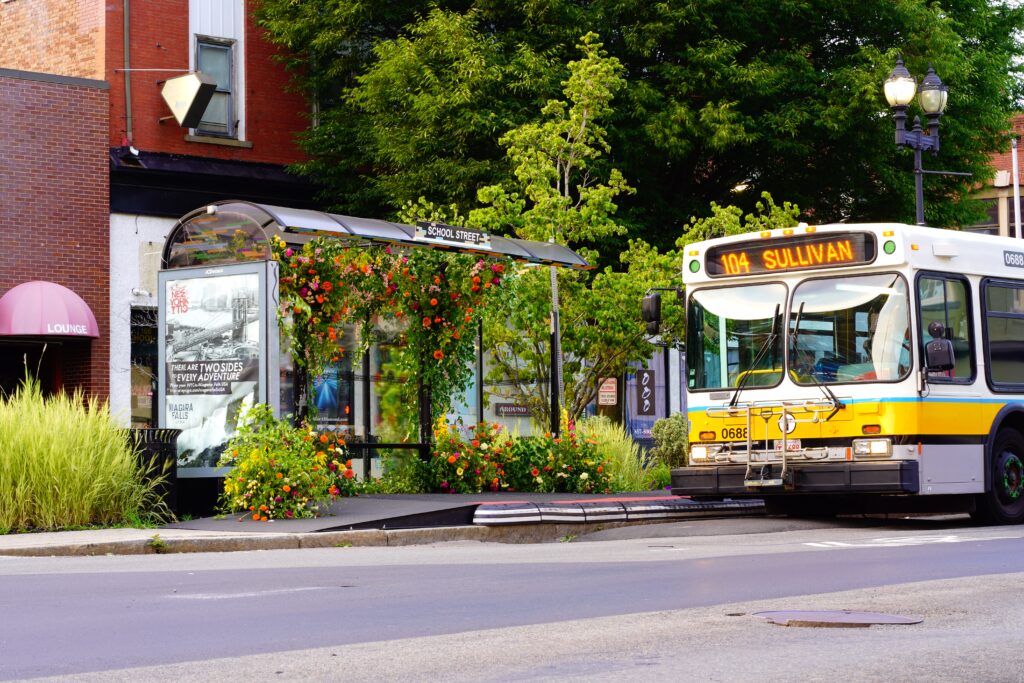
BostonBRT Initiative
A 10 year, $11 million initiative to accelerate progress in creating a fast and reliable bus system for Greater Boston – drawing inspiration from the best bus rapid transit systems in the world.
-
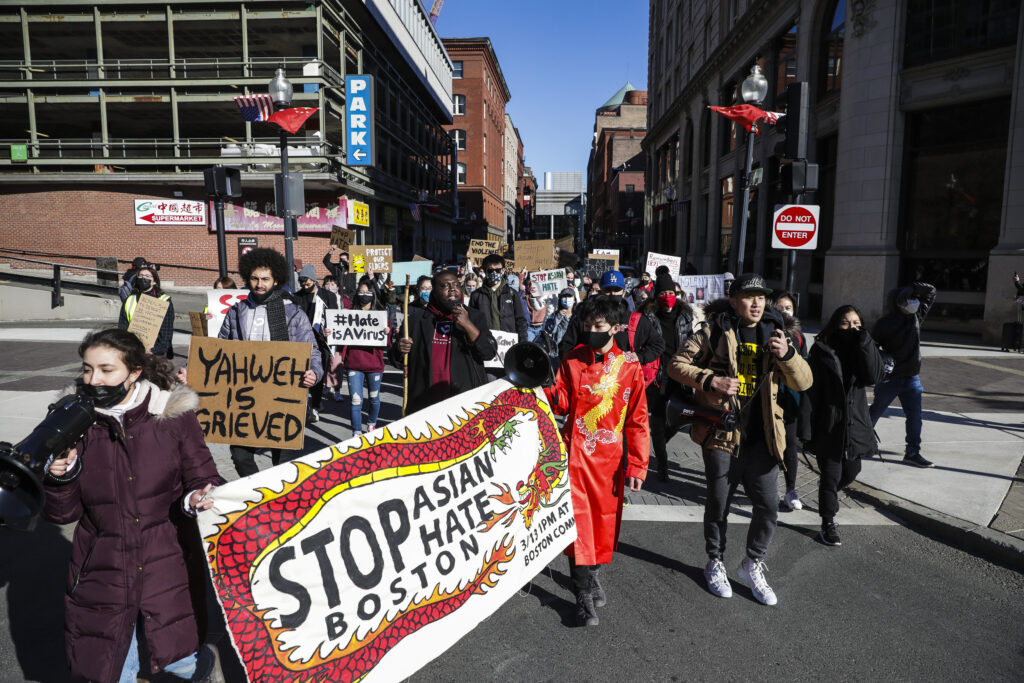
Civil Rights and Democracy Initiative
This Special Initiative built on a 2017 effort to be responsive to dramatic shifts in federal policymaking, increased polarization, and explicit discrimination and marginalization. It focused specifically on supporting civil rights protections and a fair andaccurate 2020 Census count in New England.
-
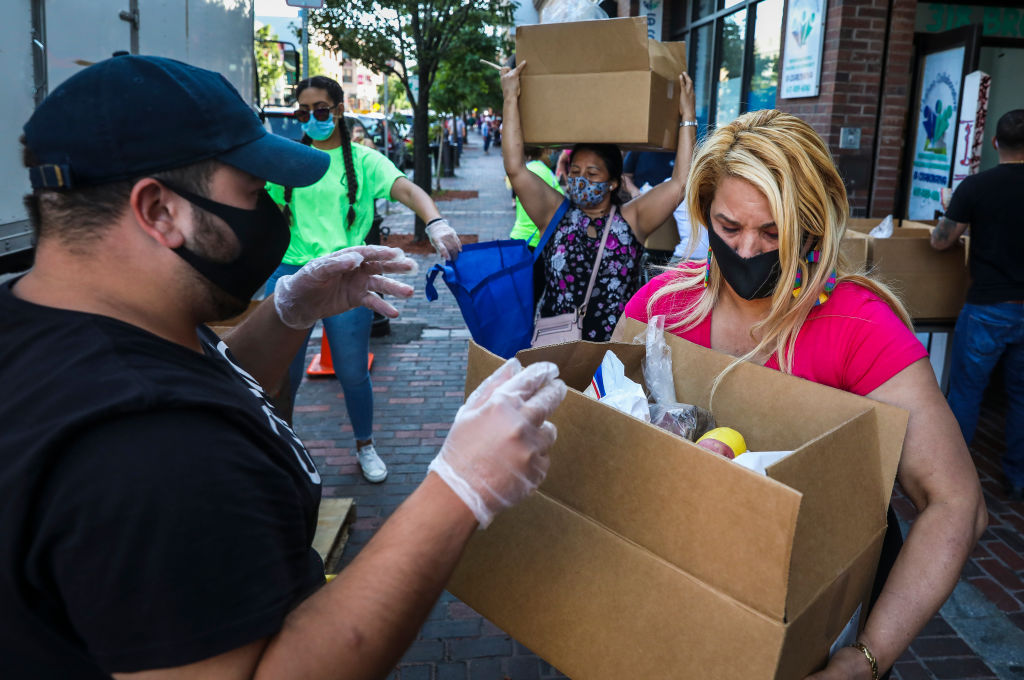
COVID-19 Response
Our grantmaking in response to COVID-19 focused on urgent needs in communities in Massachusetts – especially immigrant and Black communities that were disproportionately impacted. In deciding where to grant funds, we invested in organizations closest to those communities and most in touch with their needs.
-
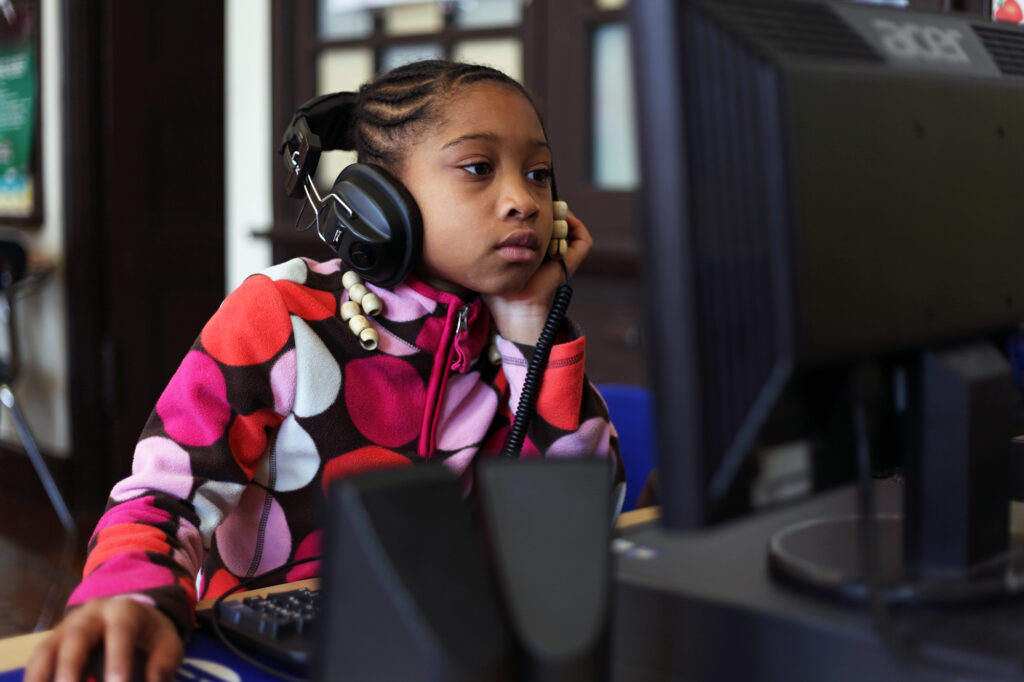
Early Education
Over a 20 year period, Barr invested over $47 million through its Early Education Program. Principally focused on Boston, with targeted statewide investments, the Foundation supported a set of partners advancing developmentally appropriate early learning and school readiness through practice and policy.
-
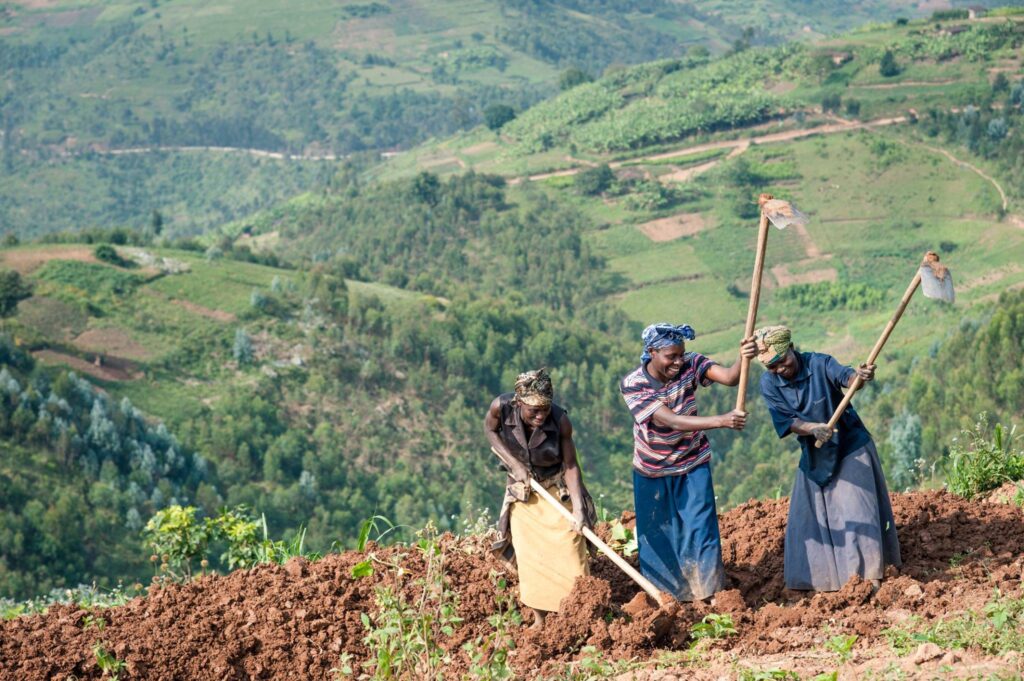
Global
During this five-year initiative, our partners supported smallholder farmers to improve their crop yields and manage their natural resources; trained community health workers to improve the health of mothers and young children; and introduced business models that created sustainable markets for important household goods, such as solar lights and irrigation pumps.